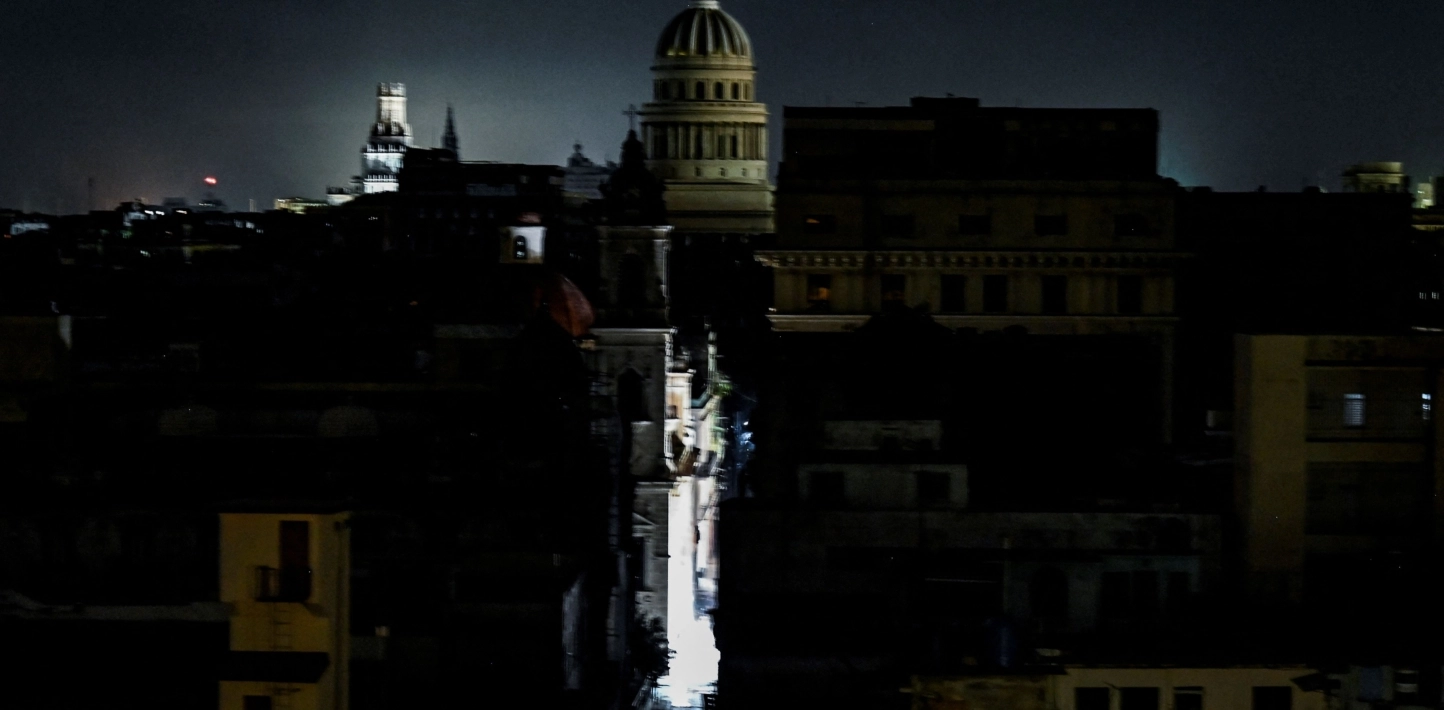The updated penal code, a modified version of the 1987 regulations approved by the Cuban authorities in May, has now been enacted in Cuba. It will harshly affect independent journalists, activists, and anyone critical of the government.
The changes came as discontent in the country grew as the island nation’s government continued to impose repressive measures on participants in the historic 2021 protests, including minors.
Some changes
The new penal code has increased minimum penalties; for instance, “public disorder” now carries a minimum sentence of six months in prison to a year; however, under the previous penal code, it was a minimum of three months to a year in prison or a fine.
Furthermore, it establishes criminal categories for online offenses, stating that people who are found guilty of spreading any information deemed inaccurate could face up to two years of imprisonment.
While the Cuban government has described it as “modern” and “inclusive,” highlighting the importance of strengthening penalties for gender-based violence and racial discrimination.
Cuba was widely criticized for its treatment of protesters during the anti-government demonstrations in 2021.
According to the latest figures released by the Cuban attorney general’s office in early 2022, 790 protesters were prosecuted for sedition, violent attacks, public disorder, and other crimes.
Juan Pappier, the senior investigator for Human Rights Watch in Latin America, said: “This is clearly an effort to provide a legal avenue for repression and censorship and an effort by Cuban authorities to undercut the little civic space that exists on the island and impede the possibility that Cubans will take to the streets again.”

